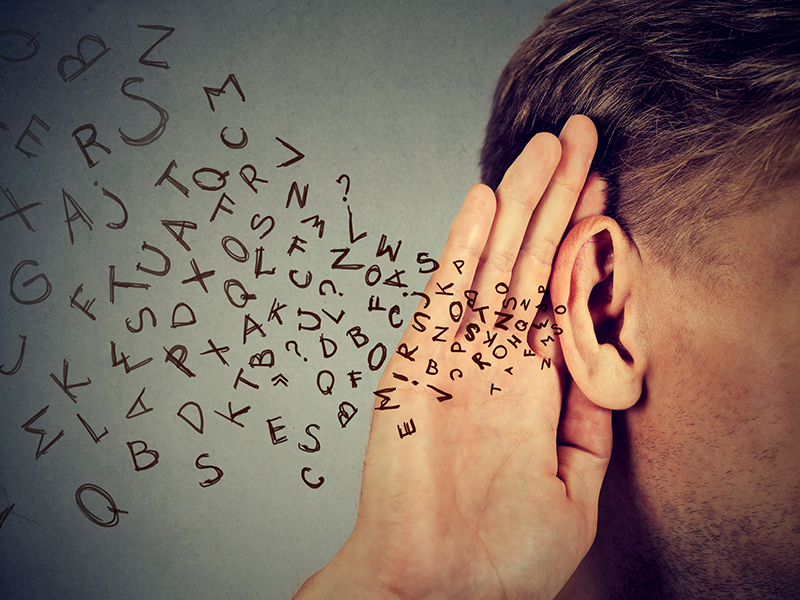17 to 20 percent of the adult population has some form of hearing loss. That’s 48 million people in the United States and 3 million people in Canada. At age 65, the percentage increases to 33%, as one out of every three people age 65 has hearing loss.
Hearing loss represents one of the most common physical conditions worldwide.
But the biggest problem isn’t hearing loss itself, it’s that people who have it don’t do anything about it. They live with it and suffer the consequences. Sure, having a stiff upper lip, and putting up with misery might have been the only option 100 years ago, but not today when there are so many solutions that work.
Yet only a fraction of those who could benefit from treatment seeks help for their hearing loss. And the people who do seek help often wait 5 to 7 years before getting tested, and then on average wait an additional 10 years after their diagnosis before purchasing a hearing aid.
Should you wait to get your hearing loss treated?
The short answer is no – that would be a big mistake!
Hearing is a use-it-or-lose-it proposition, and as hearing deteriorates, it only gets worse over time. Researchers have a name for this: they call it adult onset auditory deprivation.
What this means is that the sooner you treat your hearing loss, the better the outcome. Early intervention can preserve more of the hearing you still have while recovering more of the hearing you’ve lost.
Think of it this way: if you had vision problems, would you wait 10 years to get glasses, allowing your vision to deteriorate further? More than likely, you’d immediately see the eye doctor for prescription lenses. Why should your hearing be any less important?
If you think you have hearing loss, it’s wise to get tested as soon as possible.
